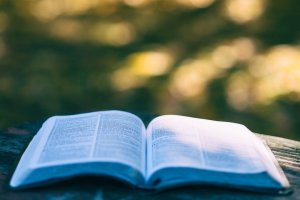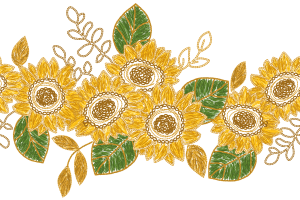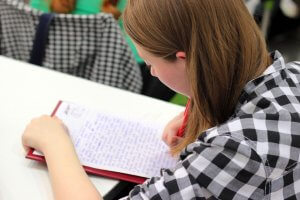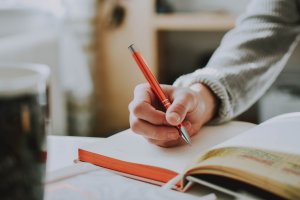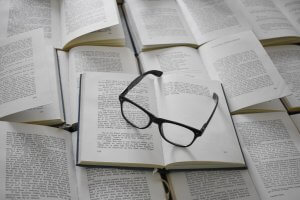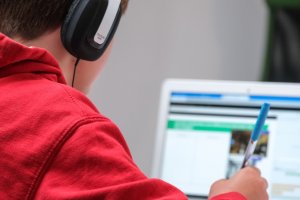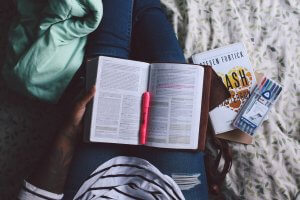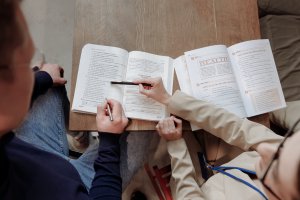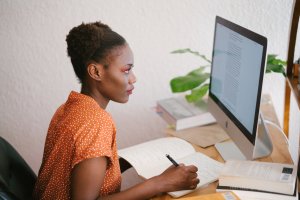Practice of the Lithuanian Language – Creative Writing (for B2, C1, and C2 levels)
The course is for those who want to improve the skills and abilities of using the Lithuanian language through creative writing, at the same time developing critical thinking, openness, self-confidence, encouraging creativity and developing attention. The course is taught in the form of creative writing workshop, focusing on reading, writing, rewriting, and editing texts, speaking, and developing the skills of constructive criticism. By creating original texts according to the given tasks, the students learn to write cohesive discourses of different genres and forms in Lithuanian; at the same time individually emerging language (its grammar, vocabulary, punctuation, phraseology, synonymy) usage problems in real situations are being discussed, explained and solved.



